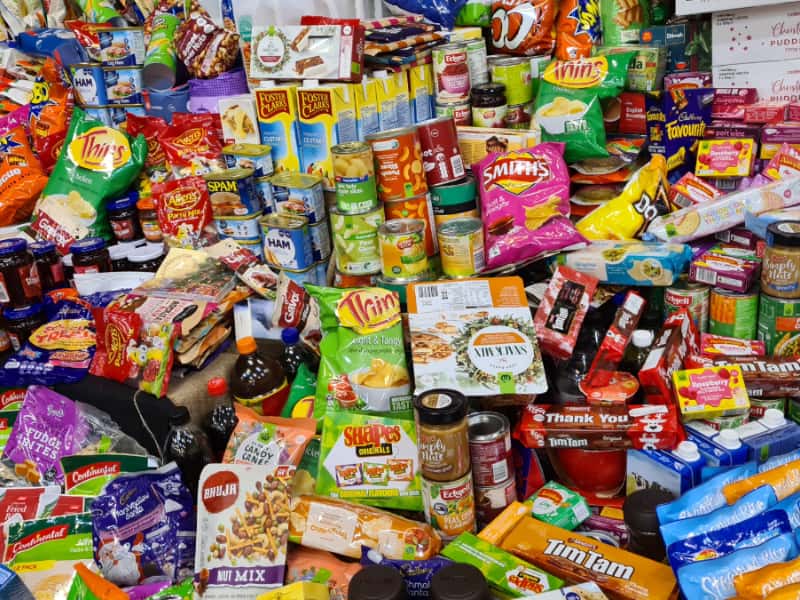Ever thought twice about throwing out food although it was after the best before date? Maybe you chanced upon jars of canned goods that had not seen the light of day in years, and you wondered: Are they edible? The clues are on the labels but they don’t all mean the same thing. Comparing best before vs expiry date, the two summarises the overall quality of the food. However, the specifics slightly differ, which we will explain more here.
Best Before vs Expiry Date: Separating The Two Common Food Labels
What Is Best Before Date?
Sauces, instant noodles, jams and spreads, snacks—all kinds of food staples and pantry products have a best before date on the packaging. Many often confuse it with the expiry date, but the two labels tell consumers different things.
Best before dates guarantees certain properties of a product to be effective up until a cut-off time. After the best before date, the food may lose its freshness, aroma, or nutrients. For example, potato chips may lose crispiness, ketchup may be more acidic, or canned fruits may lose sweetness. All in all, it’s about the taste, not so much the safety.
Nonetheless, proper storage according to packaging instructions will prevent food products from turning sour or mouldy before their best before dates.
What Is Expiry Date?
Best before vs expiry date; what’s the difference then? While a best before date indicates freshness, the expiry date simply tells consumers the last day a product is safe for consumption. In other words, best before dates are quality indicators and expiry dates are cut-off periods. Expiry dates are sometimes interchangeable with “use by” dates, which label highly perishable products, such as seafood and meat.
What Foods Are Safe To Eat After Their Expiry And Best Before Dates?
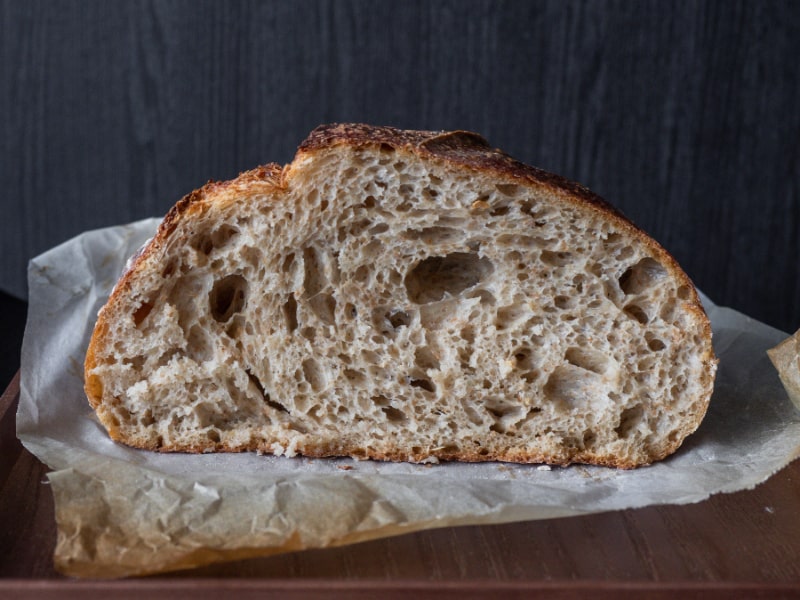
Except for fresh produce that isn’t sold in packaging, virtually all food items are labelled with an expiry date and/or best before date to give consumers a deadline to consume them. However, some caveats are permissible. When stored properly, these items will remain edible past both their expiry and best before dates:
Eggs
By definition, eggs are perishable goods, but you can lengthen their shelf life by at least two weeks after storing them in the refrigerator between two and four degrees celsius.
Bread
If you can excuse the staleness (stale bread makes delicious croutons by the way), it’s safe to eat bread past its expiry date. Be mindful of mould though, especially if it’s stored in a moist environment. To prolong its shelf life, store in the refrigerator and it should be good for up to four weeks.
Cheese
Particularly hard cheese like parmesan and cheddar because they have a lower moisture content compared to soft cheeses like brie. Store cheeses by covering them with aluminium foil or cling wrap to ensure their freshness for weeks.
Cereal
When it’s unopened, cereal can last up to six months past its expiration and best before dates. If opened, it’ll last for up to four months provided that it’s stored in a dry container.
Pasta
This dry universal staple can last for up to two years past its due date. Ideally, you should keep pasta in an airtight glass container.
Honey
Honey practically never goes bad! Thanks to a low-moisture body that prevents bacteria from growing, this nutritious elixir can last for years on end when stored properly. That said, you may see crystal shards in the honey, which aren’t a cause for concern. Just place the jar in warm water and stir until the crystals disappear.
The above are just some of the many examples of foods that last beyond their expiry and best before dates. Nonetheless, to be cautious, if you are dubious about that slice of bread or it tastes funkier than usual, it’s best to throw it in the bin. Food poisoning is no fun.
How Do You Extend Food Shelf Life?
When In Doubt, Freeze Everything
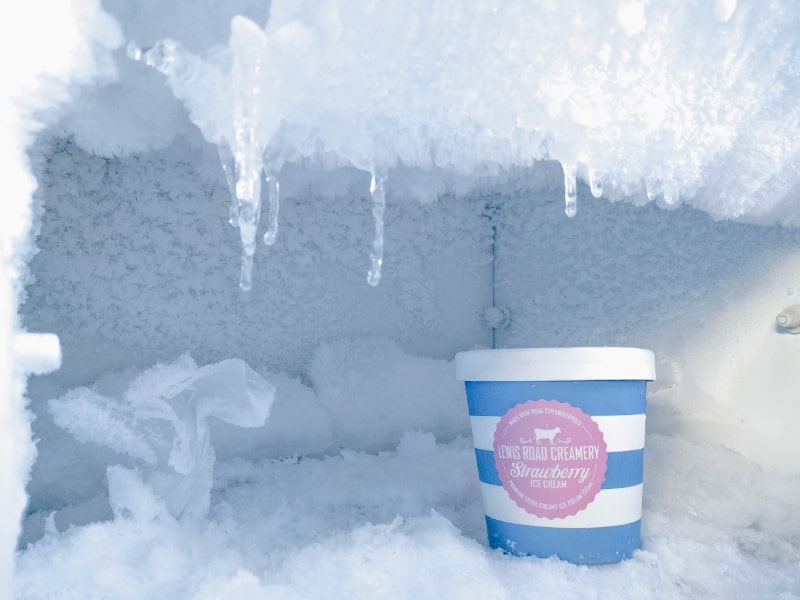
Deterioration in food is put on hold during freezing, meaning that bacteria can’t grow even if it’s long past the expiry or best before date. Hence, consider freezing if you plan to keep food around for long periods of time. From herbs and spices to soups, almost everything can be frozen. Just make sure warm dishes are cooled before putting them in the freezer.
Keep It Airtight
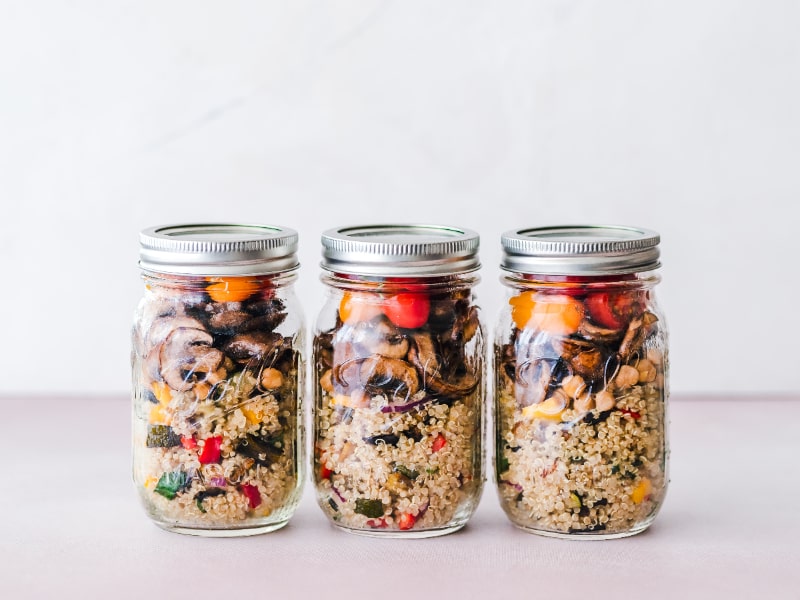
As noted before, sealing foods airtight is an effective way to prolong their lifespan. Applicable to most pantry staples like baking ingredients and dried nuts, you can easily add a few months to your items if they’re sealed properly. There are a few ways to do so: Use a resealable airtight bag or food storage containers. Whichever you choose, ensure there are no signs of moisture before sealing as moisture is a bacteria breeding ground.
Separate Fresh Produce
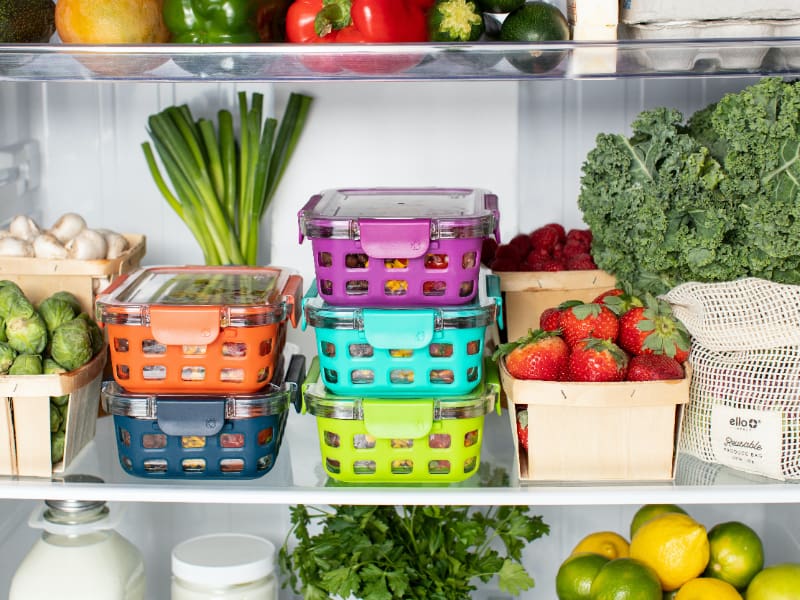
Are you guilty of stuffing the crisper drawer? It’s common for us to put all sorts of fruits and veggies in one place without having much of an afterthought about it. But an overcrowded compartment becomes a fertile breeding ground for mould to grow. To avoid this, separate fresh produce into different sections in the fridge. For instance, place leafy greens in the top compartment close to the fridge door so you won’t forget to use them, while the rest can go into the crisper drawer.
Understand Best Before vs Expiry Date To Ensure Your Food Stays Fresh All The Time
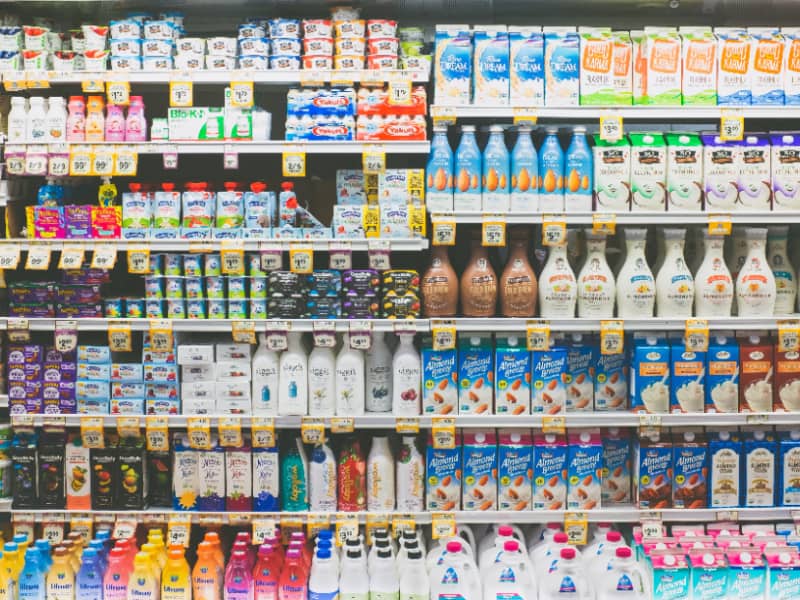
By clearly identifying best before and expiry dates, you help ensure the food you and your family consume is safe and fresh. Besides, these two indicators can act as a barometer of sorts during grocery shopping, helping you to make better purchases without contributing to food wastage! Health is wealth and what you put into your stomach plays a big part. Try incorporating these diets into your daily meals to lower cholesterol or make a glass of fresh green juice with these reliable slow juicers to kickstart your day!

